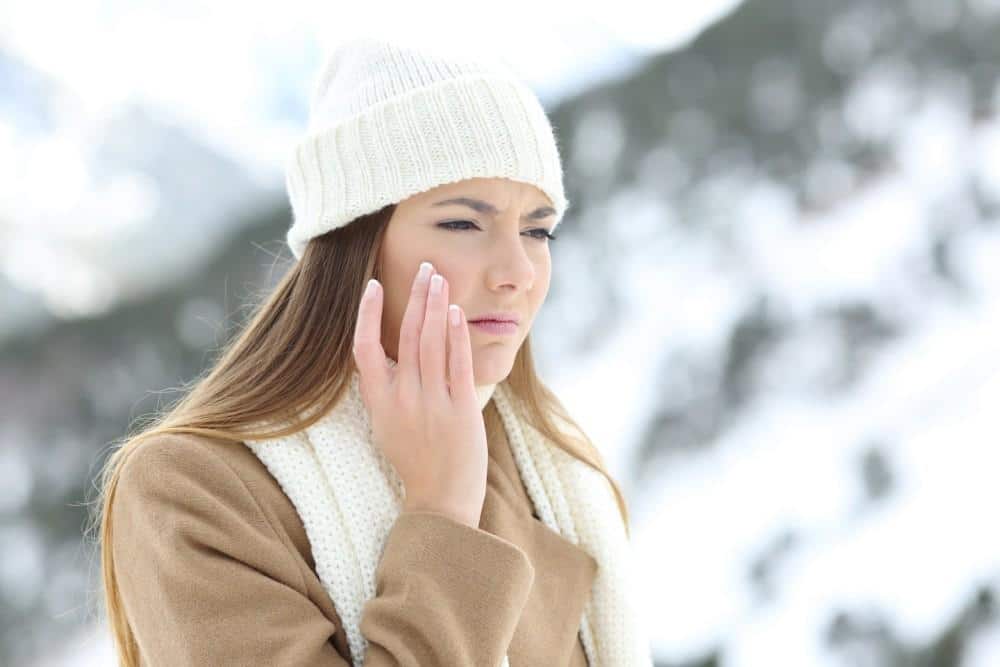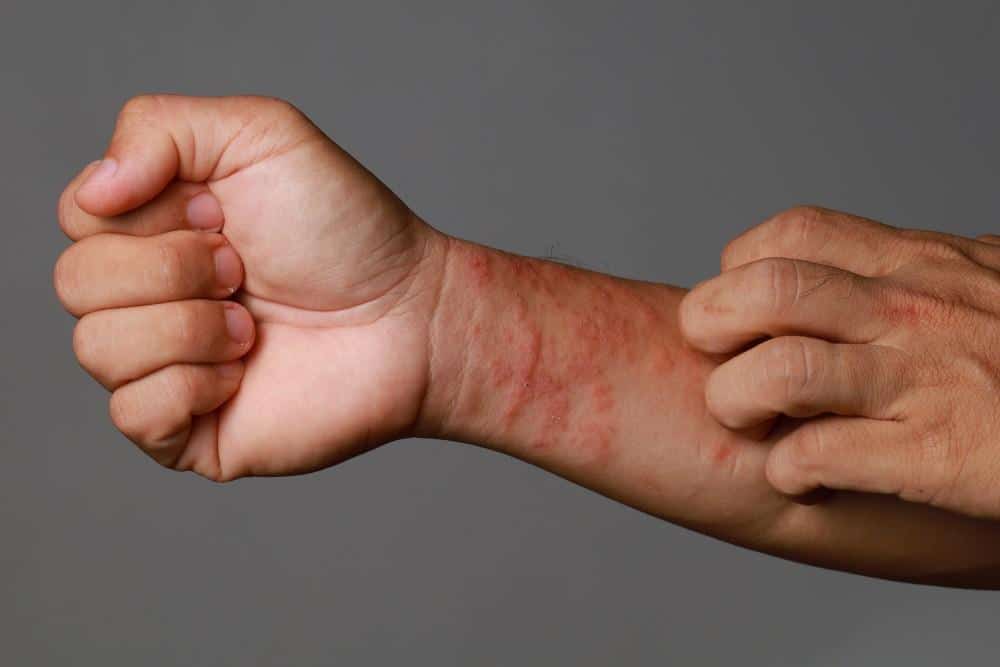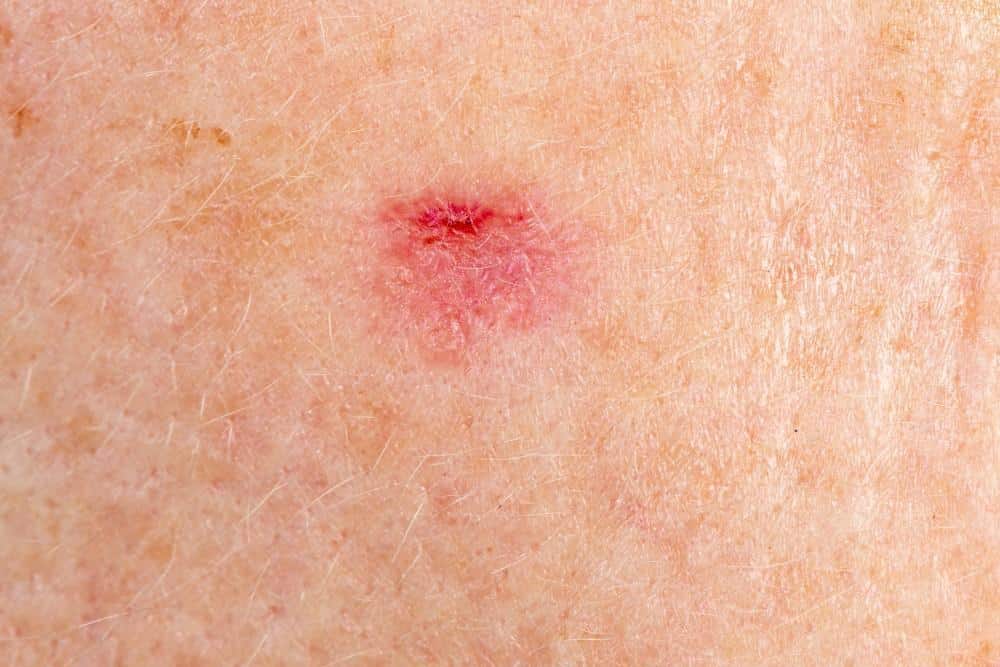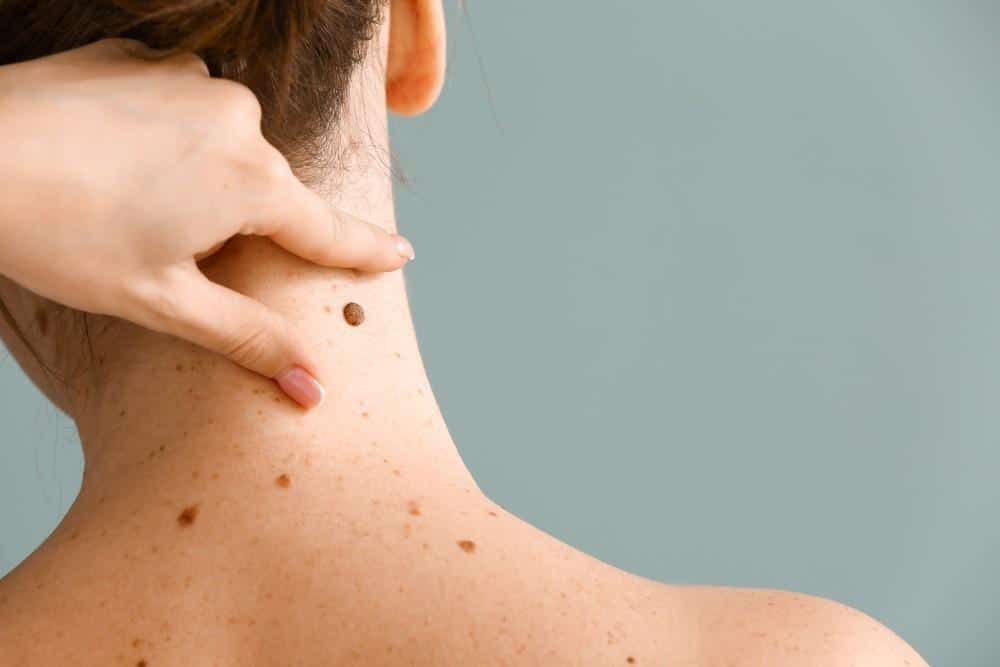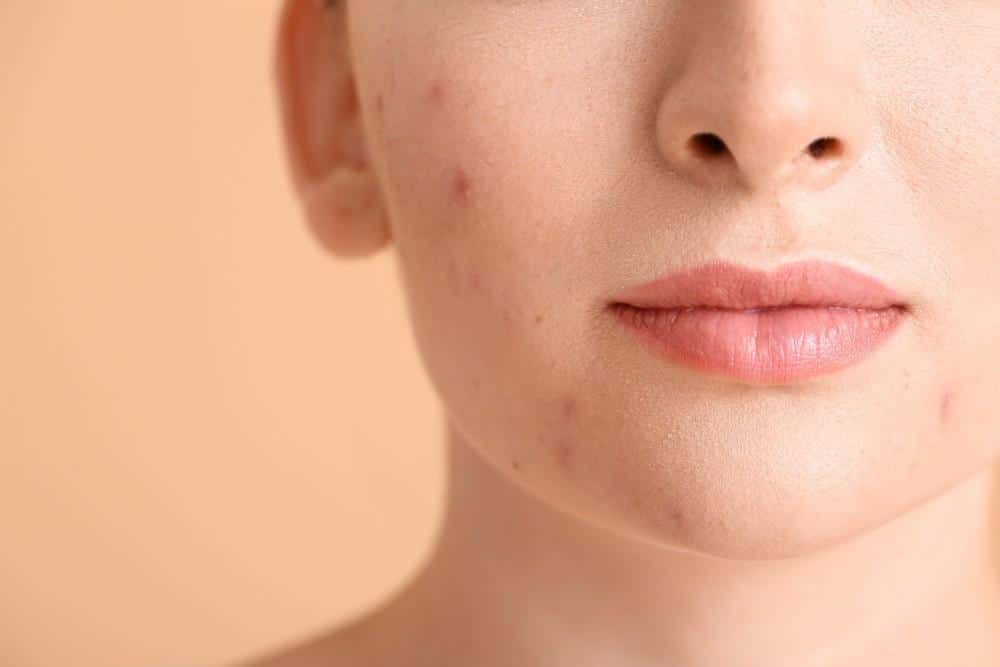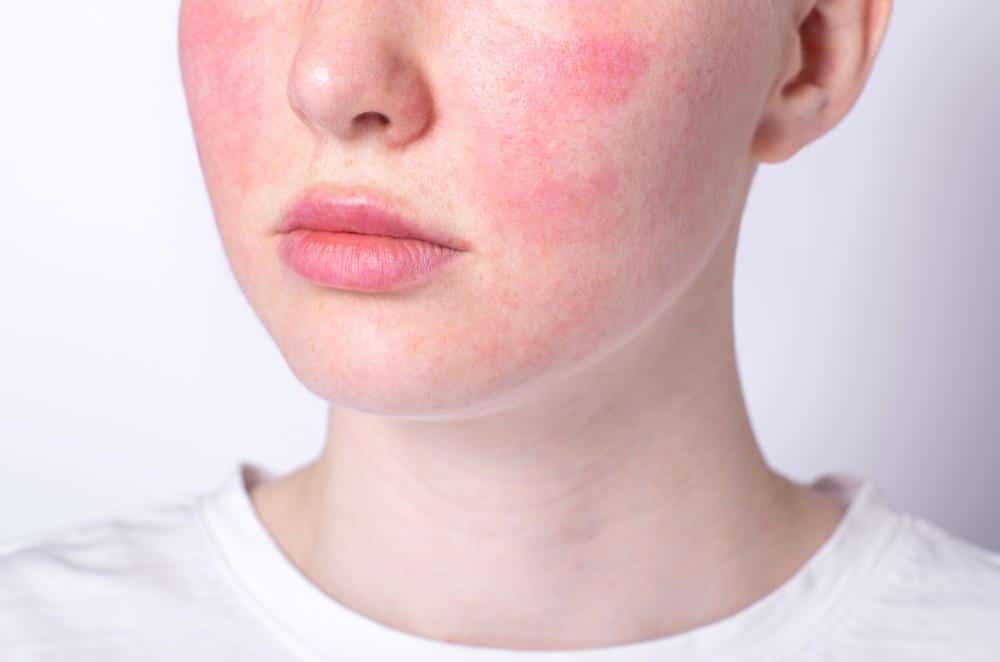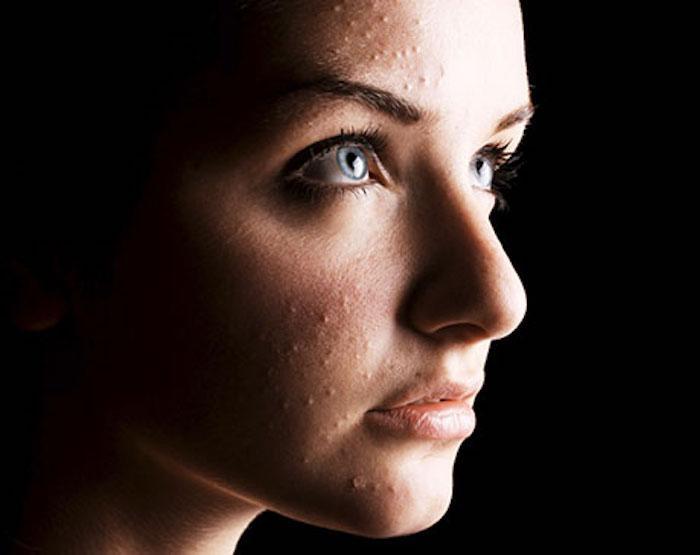
Whether you’re a teenager facing your first pimple or are still struggling with acne decades after your teen years, chances are you’d like to clear your skin and say goodbye for good to acne.
Millions of Americans of all ages struggle with acne, and if you’ve tried at-home solutions, you know how frustrating it is to treat. That’s because different kinds of acne respond best to different treatment methods.
No one understands the frustration acne can bring better than our cosmetic and general dermatologists at Manhattan Dermatology. To help our New York City patients, our team of experts offers the best in topical, oral, and laser acne therapy at our Murray Hill and Midtown East offices.
Why do I have acne?
There are several possible reasons you have acne, an inflammatory skin problem that causes lesions and pimples. These spots and blemishes appear when blocked oil (sebaceous) glands and a buildup of sebum and skin debris clog your pores and follicles.
Sebum is a substance your skin naturally produces to lubricate and protect your skin. Skin debris can include bacteria, dirt, and dead skin.
While a changes in hormone production is often the culprit, other things can trigger the development of acne including:
- Genetics
- Makeup products
- Stress and anxiety
- Humid or hot conditions
- Excess sweating
Because of the strong link to hormones, acne is most common during the teen years as well as times of other hormonal change, like menopause and pregnancy.
Aren’t all pimples the same?
Not at all. Many types of acne exist, and treatment depends on an accurate diagnosis of your acne.
Non-inflammatory acne, such as blackheads and whiteheads, clog your pores and may cause comedones (bumps with white tips that erupt from your skin). Non-inflammatory acne is considered a mild form of acne and is typically easy to treat.
Inflammatory acne, on the other hand, causes epidermal swelling and inflammation. Most inflammatory acne is triggered by bacteria.
There are several types of inflammatory acne ranging from moderate to severe, and each may require different treatments. These types include:
- Papules, inflamed red bumps
- Pustules, pus-filled pimples
- Nodules, hard inflamed lesions under the skin
- Conglobata, collections of inflamed nodules
- Cystic acne, painful fluid-filled bumps beneath the skin
Papules and pustules are considered moderate forms of acne while nodules and cystic acne are the most severe types of acne and often the most difficult to treat.
How can I get rid of my acne?
Getting rid of acne first requires an accurate diagnosis of your type of acne. At Manhattan Dermatology, we evaluate your skin to determine the cause and type of acne you have. We then develop your customized treatment plan based on these findings.
If your acne is mild, we may suggest continuing with at-home solutions, such as over-the-counter (OTC) soaps and creams. The most effective OTC acne products contain ingredients such as salicylic acid, sulfur, and benzoyl peroxide.
Moderate or severe acne may require different therapies prescribed by your dermatologist. Effective treatment may include one or more of the following:
- Oral antibiotics
- Hormonal therapies
- Accutane for severe, cystic acne
- Topical therapies
- Resorcinol and/or retinoids
- Chemical peels
- Laser treatments
Regardless of treatment method, the most important step you can take is to stop touching your face and lesions. Touching your pimples and surrounding skin fosters clogged pores and follicles.
Start on the path to clearer skin by contacting us at Manhattan Dermatology in Murray Hill or Midtown East in New York City, or book online now.
